The Next Generation of Chatbots : LaMDA
By MYBRANDBOOK
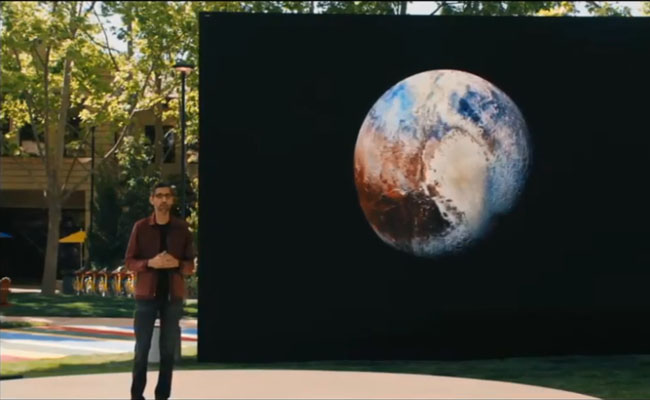
The COVID-19 pandemic has dramatically accelerated the adoption of conversational AI due to unprecedented spikes in customer service traffic.
When the world returns to a degree of normality, adoption of digital channels, including conversational AI technologies, is likely to continue at a much higher rate than before the pandemic. Companies already on the way to adopting these technologies will therefore have an advantage.
Google executives presented the last research and technologies of the big firm. One of them stole the show: LaMDA, a conversational AI capable of having human-like conversations.
LaMDA stands for “Language Model for Dialogue Applications.” Following from previous models such as BERT and GPT-3, LaMDA is also based on the transformer architecture, open-sourced by Google in 2017. This architecture allows the model to predict text focusing only on how previous words relate to each other (attention mechanism).
In that sense, LaMDA is similar to other existing models. However, there’s a crucial distinction between this system and other chatbots. LaMDA can manage the “open-ended nature” of conversations. As VP Eli Collins and Senior Research Director Zoubin Ghahramani explain in their blog post, human conversations have this distinctive chaotic feature. We can start with one topic and end up in a very different one a few minutes later. We tend to derive conversations by connecting topics in the most unexpected ways.
By tackling these situations, LaMDA will revolutionize chatbot technology completely. A chatbot with these abilities could perfectly engage in natural conversations with people. We could ask for information or consult the internet more naturally.
LaMDA was trained in dialogue, the same as its predecessor, Meena, another conversational tech that Google presented in 2020. Meena proved that chatbots could talk about virtually anything. It was trained to minimize a training objective they called perplexity, a measure of how confident is a model in predicting the next token. They found perplexity correlates very well with human evaluation metrics such as the SSA - sensibleness and specificity average - which is very useful to evaluate the quality of the chatbots.
However, LaMDA went a step further. It excels at detecting sensibleness - whether a sentence makes sense in the context of a conversation -and is better able to keep its responses specific. As the authors note in their post, a response like “I don’t know” could be always sensible, but very useless nevertheless.
An expert says, it has developed with all collected data from us from all the chat boots Google is connected too, Google search, Google Assiatance and Google AI.
During the conference, Google’s CEO Sundar Pichai displayed a demo of LaMDA’s versions of Pluto and a paper plane in two different conversations. They didn’t need to fine-tune LaMDA to change it from impersonating Pluto to a paper plane (although Collins and Ghahramani acknowledge that it can be fine-tuned for better performance).
LaMDA is the next big thing in conversational AIs. We’ll have to test it ourselves to see the degree to which it appears to be human. But from what we’ve already seen, it’s promising


Legal Battle Over IT Act Intensifies Amid Musk’s India Plans
The outcome of the legal dispute between X Corp and the Indian government c...

Wipro inks 10-year deal with Phoenix Group's ReAssure UK worth
The agreement, executed through Wipro and its 100% subsidiary,...

Centre announces that DPDP Rules nearing Finalisation by April
The government seeks to refine the rules for robust data protection, ensuri...

Home Ministry cracks down on PoS agents in digital arrest scam
Digital arrest scams are a growing cybercrime where victims are coerced or ...

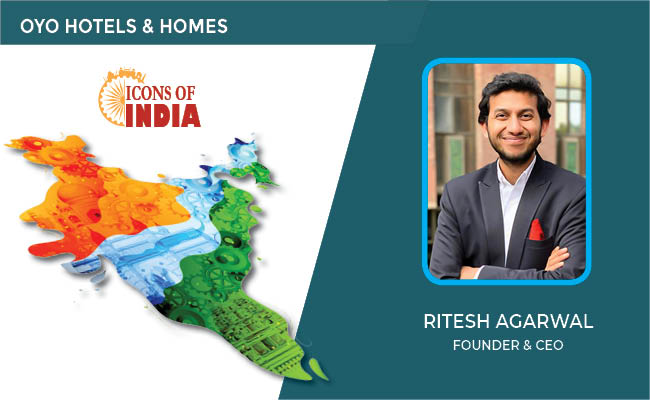
ICONS OF INDIA : RITESH AGARWAL
Ritesh Agarwal is an Indian billionaire entrepreneur and the founder a...
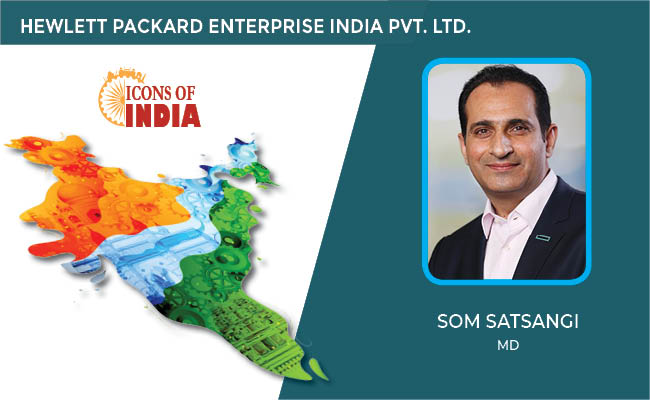
ICONS OF INDIA : SOM SATSANGI
With more than three decades in the IT Sector, Som is responsible for ...
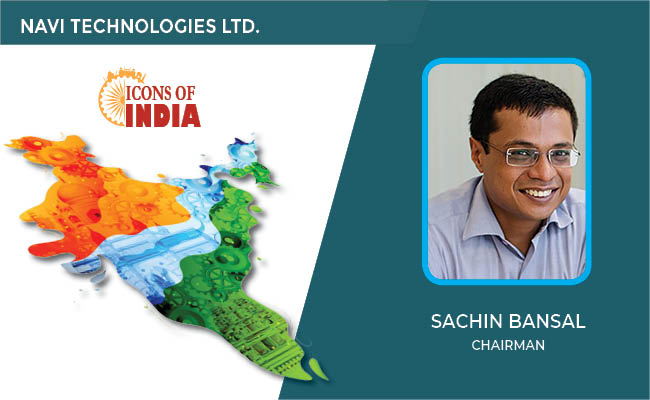
ICONS OF INDIA : SACHIN BANSAL
Sachin Bansal is an Indian entrepreneur. He is best known as the found...

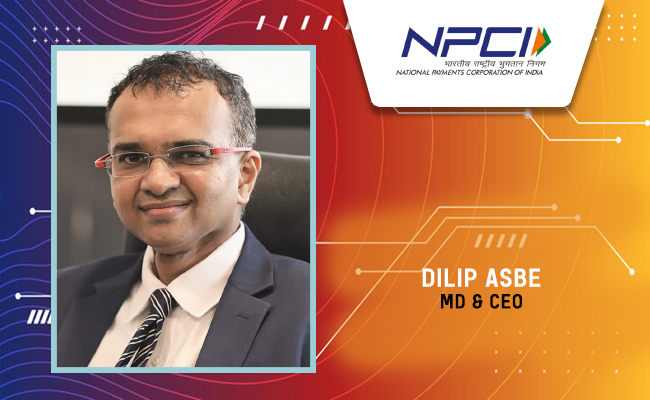
NPCI - National Payments Corporation of India
NPCI is an umbrella organization for operating retail payments and set...
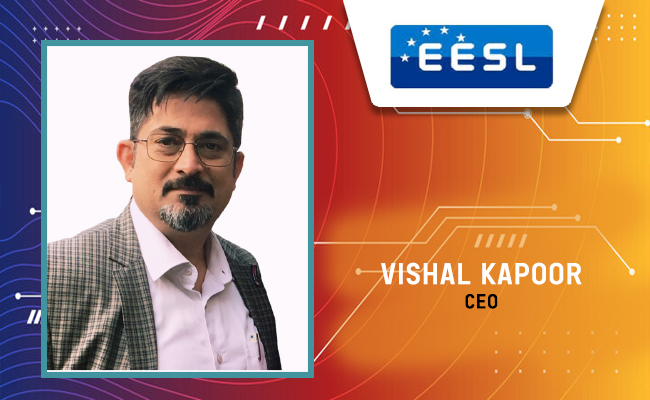
EESL - Energy Efficiency Services Limited
EESL is uniquely positioned in India’s energy sector to address ener...
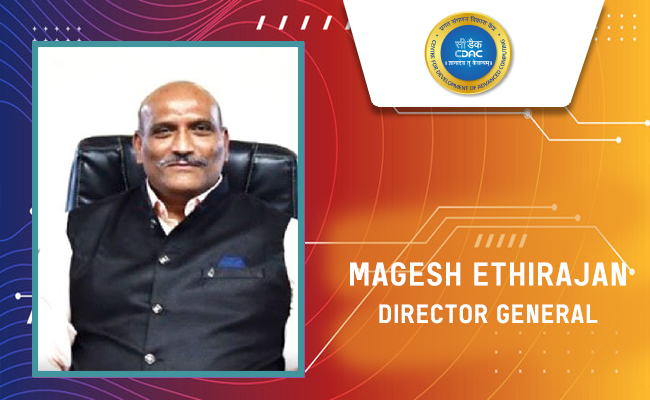
C-DAC - Centre for Development of Advanced Computing
C-DAC is uniquely positioned in the field of advanced computing...

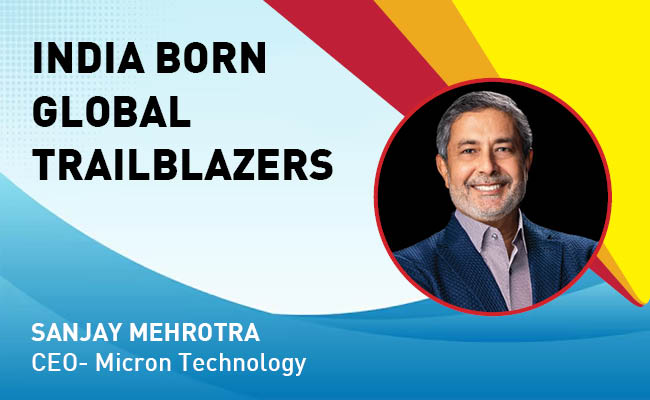
Indian Tech Talent Excelling The Tech World - Sanjay Mehrotra, CEO- Micron Technology
Sanjay Mehrotra, the President and CEO of Micron Technology, is at the...
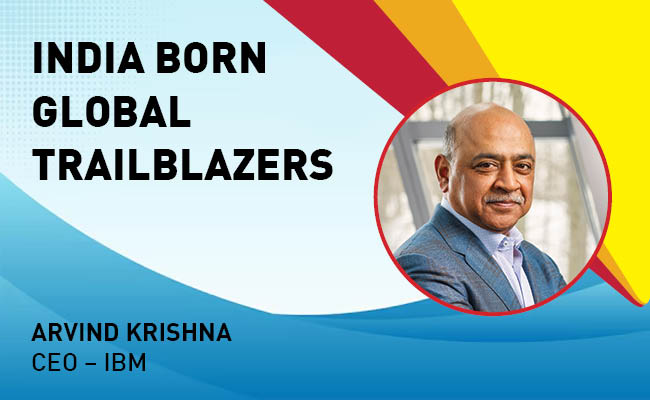
Indian Tech Talent Excelling The Tech World - ARVIND KRISHNA, CEO – IBM
Arvind Krishna, an Indian-American business executive, serves as the C...
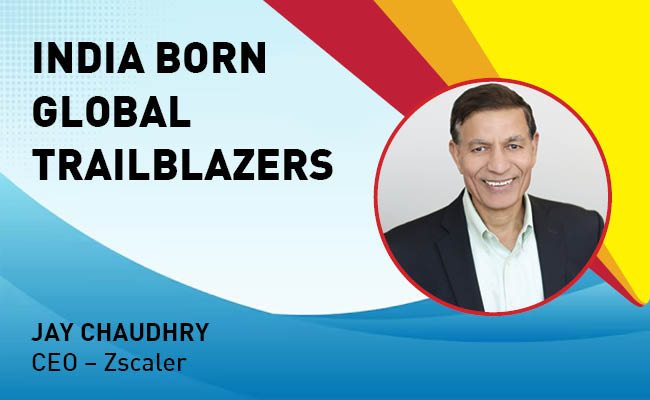
Indian Tech Talent Excelling The Tech World - JAY CHAUDHRY, CEO – Zscaler
Jay Chaudhry, an Indian-American technology entrepreneur, is the CEO a...
 of images belongs to the respective copyright holders
of images belongs to the respective copyright holders